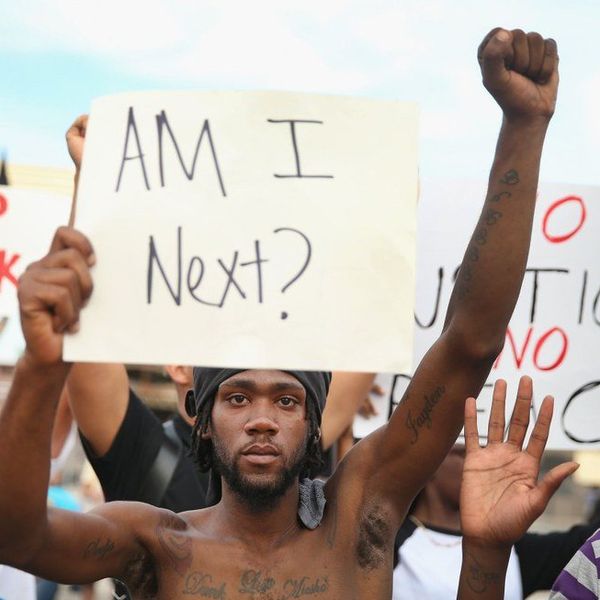As a freshmen, I took this specific test called StrengthsQuest. It's used–so I'm told–more often in the work world than I might think; it's a series questions designed to measure what your strengths are. At the end, you're given your top five along with descriptions of them.
Now, my first four strengths made sense, but the last one confused me to no end. It was harmony. Those who know me know that I am not afraid to argue or speak my mind. But as the year continued and still today, I notice that it wasn't a false result and it made sense. I strive for harmony, peace, and calm. It's for this reason that I don't like and actually prefer not to take sides. I don't want to create even more conflict. A reason why I can't commit to one side or not because I likely can understand each of the sides.
Now how does this apply to recent tragedies of shootings involving police officers and people? I don't want to take the sides of anyone. This doesn't mean I don't sympathize with the families and loved ones of those killed. Because I do. Notice how I didn't specify which group. I realize that those of the African American community face a different set of day-to-day challenges. It's hard to put yourself in their shoes because you don't know what they have had to face.
What trips us up is labeling and associating things that don't necessarily have any correlation and taking them and applying them to society. When we start seeing a pattern, we make those associations and apply and compare them to others. Here's a list of generalizations that are common in today's world (I don't condone or agree with any of these–my personal thoughts and feelings do not play a part): all police officers abuse their power; all black people, specifically black men, pose a threat the public; all politicians lie to save their own butts; and many others. No, not all police officers abuse their power, but some do take advantage of it. No, not all black people are dangerous, but some can be. Not all politicians lie, but some do.
Whether someone lies, poses a threat to others, or takes advantage of their power has nothing to with the kind of clothes they were, nothing to do with the kind of vehicles they drive, nothing to do with how they look. It does, however, have everything to do what's inside, what kind of person they are. We are too blinded by our own thoughts and prejudices and bitterness that we twist reality to fit those firmly accepted concepts, and in the end, fueling the fire within us.
Guns don't kill people. People kill people. We need to start coming together and trying to understand one another, instead of going extreme and straight to violence if someone doesn't agree with you or you don't agree with someone. If not, then violence in the country and even the world will most likely continue to escalate.





















